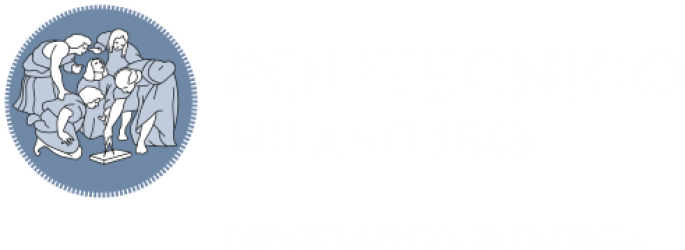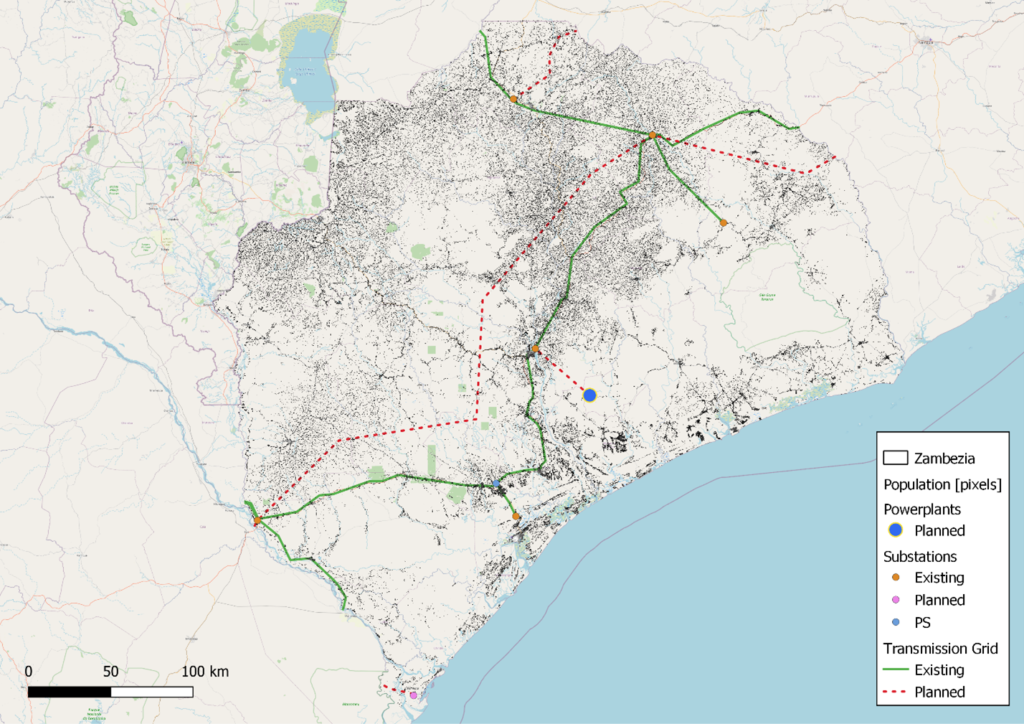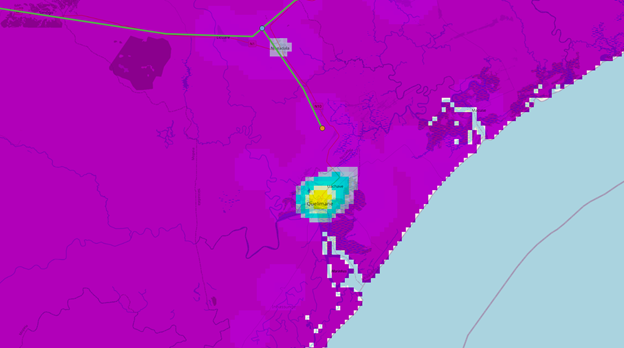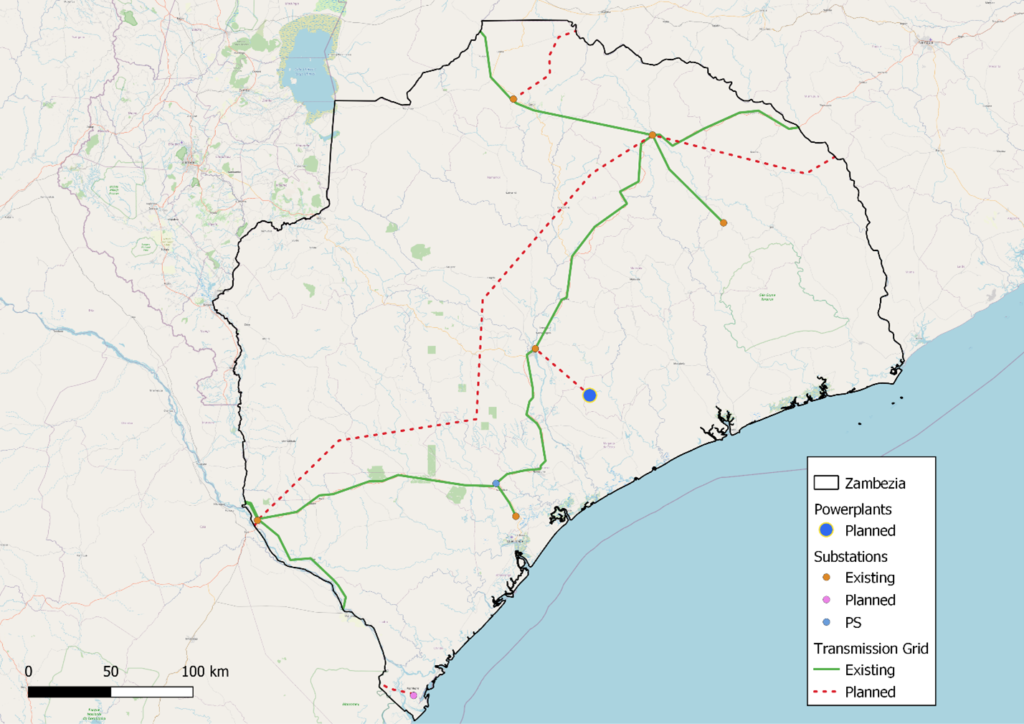TERESA (TEchnology for Rural Electrification in Sub-Saharan Africa) is a project funded by Technologies for Sustainable Development 2021 – Program of Fondazione Cariplo and Fondazione Compagnia di San Paolo aimed at promoting innovation in the field of international development cooperation through activities of: open innovation/challenges, training, events/networking.
TERESA is expected to last one year from the beginning of 2022 until may of 2023.
The project involves the extension of the potential of two open-source tools for decision making support in planning energy access in rural areas in developing countries, and the creation of a graphic interface to facilitate use of their output.
- VANIA (Villages ANalytics In Africa) provides in-depth analysis of individual villages, even remote ones, over large areas. It can therefore facilitate decision-making in the development of programs and projects in various sectors.
- GISEle (GIS for Electrification) facilitates the planning of rural electrification and is able, for a target area, to identify the least costly solution for guaranteeing all people in the area access to energy. Thanks to the pilot realized within the project, the tools will be tested, and their outputs will be shared in an opensource way with relevant stakeholders.
Through these tools, a multidimensional master plan will be carried out in Zambezia, the province that among the ten that make up Mozambique, is the one with the highest number of people without access to electricity.
TERESA aims to consolidate international cooperation relationships between key stakeholders engaged in rural electrification in Mozambique (public institutions in the field, civil society and research institutions) and wants to provide a concrete contribution to the path of universalization of energy access in the country.
EXPECTED OUTCOMES
General Objective
Help ensure universal access to affordable, reliable, and modern energy services in Mozambique. It aligns with Sustainable Development Goal 7, “Affordable and Clean Energy.”
Specific Objective
Provide energy and development stakeholders in general with the tools and knowledge to design and implement data-driven, replicable and scalable strategies for energy access in Zambezia.
PARTNER
The project, in partnership with the International Economic Cooperation Institute (ICEI), aims to actively involve the country’s rural electrification agency FUNAE (Fundo de Energia), the national utility EDM (Electricidade de Moçambique) and the Ministry of Energy itself.
ICEI is an Italian NGO founded in 1977 that carries out cooperation interventions in Italy and around the world, working with people and local communities to improve social and economic conditions and promote inclusive, fair and sustainable societies in a participatory way.
Since 2011 ICEI operates in Mozambique with a sustainable rural development program that includes agricultural and environmental projects carried out in the provinces of Nampula and Zambezia.
SURVEY CAMPAIGN
Together with the partner ICEI, a data gathering campaign was carried out through surveys in different communities. Information related to income, expenditure, access to electricity and firewood usage are some of the acquired information.
Data gathered are publicly available for research purpose: Download
USER FRIENDLY PLAFTORM
One of the main output of the TERESA Project is the creation of a user-friendly data-visualization tool that allows the user to navigate and analyse the main results of the project.
The tool presents the results for the surveyed communities and the proposed energy master plan. For more information about the tool and how to use it, please refer to the final report, Annex 2.









